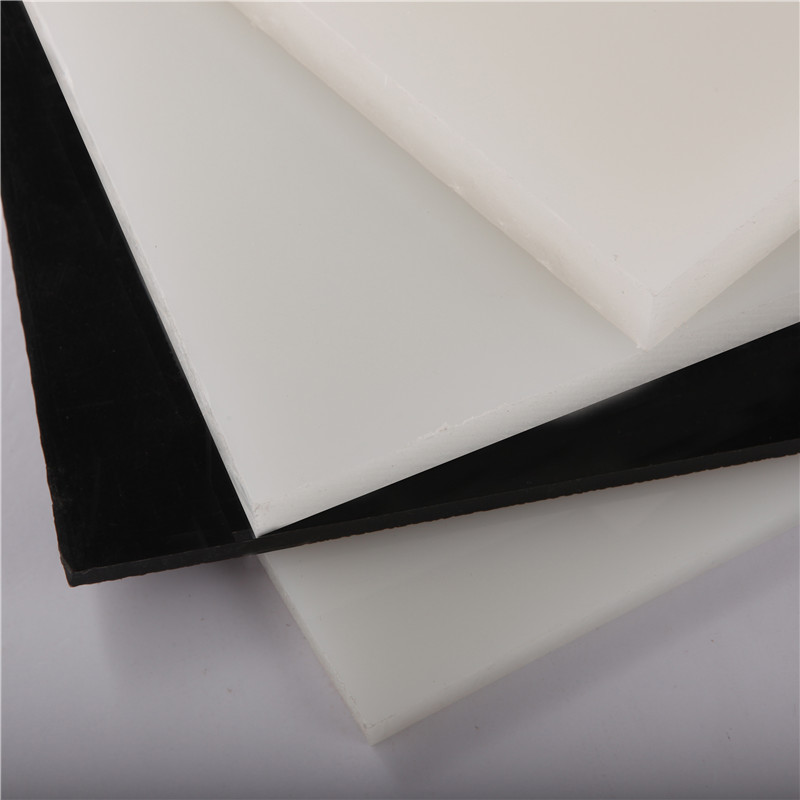Jul . 27, 2024 13:57 Back to list
Exploring the Benefits and Applications of PVC Conduit Pipe in Electrical Installations
Understanding PVC Conduit Pipe A Versatile Solution for Electrical Wiring
PVC conduit pipes have become increasingly popular in the construction and electrical industries due to their versatility, durability, and cost-effectiveness. These pipes provide protection for electrical wiring while ensuring a safe and efficient installation.
What is PVC Conduit Pipe?
PVC, or polyvinyl chloride, is a synthetic plastic polymer widely used in various applications, particularly in the construction and electrical sectors. PVC conduit pipes are hollow tubes made from this material, designed to house and protect electrical wires and cables. They come in various sizes and thicknesses, making them suitable for numerous applications in both commercial and residential settings.
Advantages of PVC Conduit Pipes
1. Durability One of the most significant advantages of PVC conduit pipes is their durability. They are resistant to corrosion, chemicals, and environmental factors, making them ideal for installation in harsh conditions. Unlike metal conduits, PVC does not rust or degrade over time, ensuring that electrical systems remain safe and functional for years.
2. Lightweight PVC is significantly lighter than traditional metal conduits, such as steel or aluminum. This lightweight nature makes it easier to handle, transport, and install, saving time and labor costs during electrical installations.
3. Non-conductive PVC conduit pipes are non-conductive, which adds a layer of safety in electrical applications. They reduce the risk of electrical shock, making them suitable for use in residential and commercial installations where safety is paramount.
4. Cost-Effective Compared to other materials like metal, PVC conduit pipes are often more affordable. Their lower installation and maintenance costs make them a popular choice among contractors and electricians.
pvc conduit pipe

5. Ease of Installation The installation process for PVC conduit is straightforward, often requiring simple cutting and joining methods. PVC pipes can be easily connected using solvent cement, ensuring a watertight and secure fit.
Applications of PVC Conduit Pipes
PVC conduit pipes are versatile and can be used in a variety of applications, including
- Residential Wiring PVC conduit is commonly used for running electrical wiring in homes, particularly in areas prone to moisture. - Commercial Buildings Many commercial structures utilize PVC conduit for internal electrical system management, ensuring that wiring remains organized and protected.
- Underground Installations PVC conduit is excellent for underground applications due to its resistance to corrosive elements found in the soil.
- Outdoor Settings Its durability against UV rays and various weather conditions makes PVC conduit suitable for outdoor electrical installations.
Conclusion
In conclusion, PVC conduit pipes represent a practical and effective solution for protecting electrical wiring. Their durability, lightweight nature, non-conductive properties, cost-effectiveness, and ease of installation make them an ideal choice for a wide range of applications. As the demand for safe and efficient electrical solutions continues to rise, PVC conduits are likely to maintain their popularity in both residential and commercial markets. Whether you’re a contractor looking for reliable materials or a homeowner planning electrical upgrades, PVC conduit pipes offer a comprehensive solution for your wiring needs.
-
High-Quality PPR Pipes and Fittings Durable ERA PPR & PVC PPR Solutions
NewsJul.08,2025
-
Black HDPE Cutting Board - Durable, Non-Porous & Food Safe HDPE Plastic Cutting Board
NewsJul.08,2025
-
High-Quality CPVC Panel Durable HDPE & PVC Panels Supplier
NewsJul.08,2025
-
Double PE Welding Rod Supplier - High Strength, Durable & Versatile Welding Solutions
NewsJul.07,2025
-
High-Quality PVC-O Pipe Supplier Durable 75mm PVC Pipe & Connections Leading PVC Pipe Company
NewsJul.07,2025
-
HDPE Drainage Pipe Supplier – Durable & Corrosion-Resistant Solutions
NewsJul.06,2025

